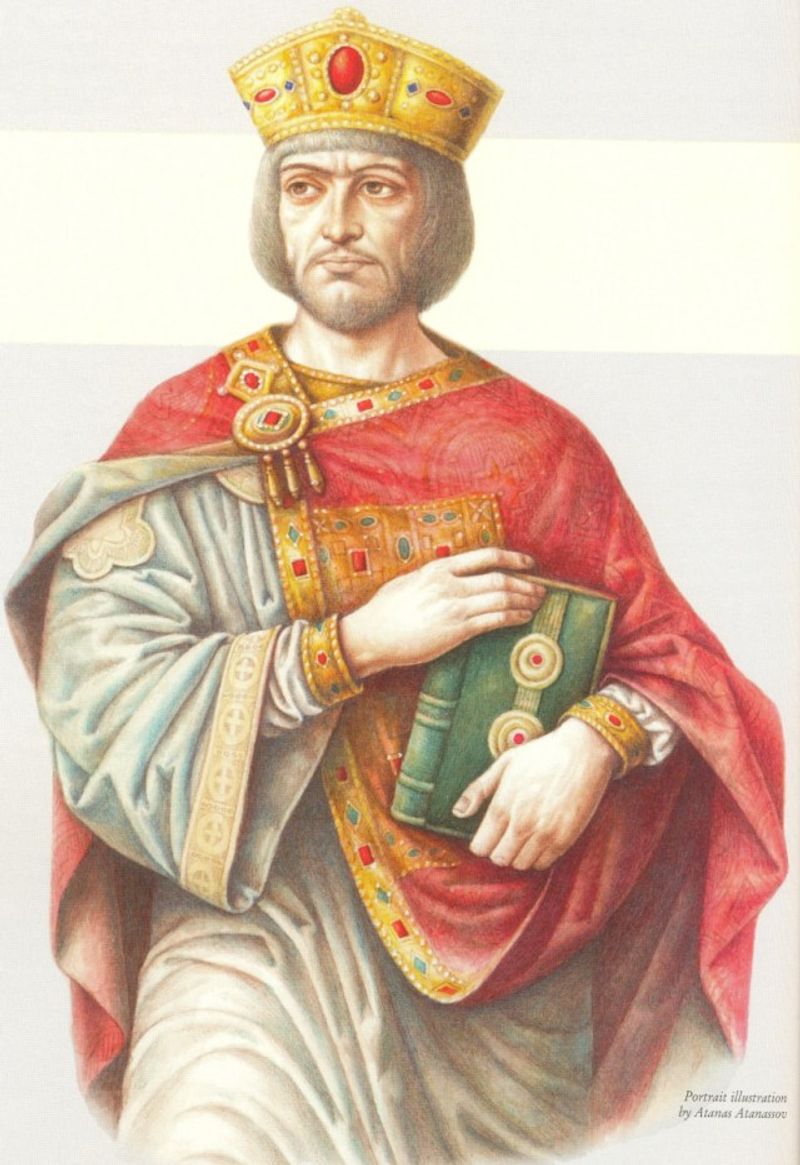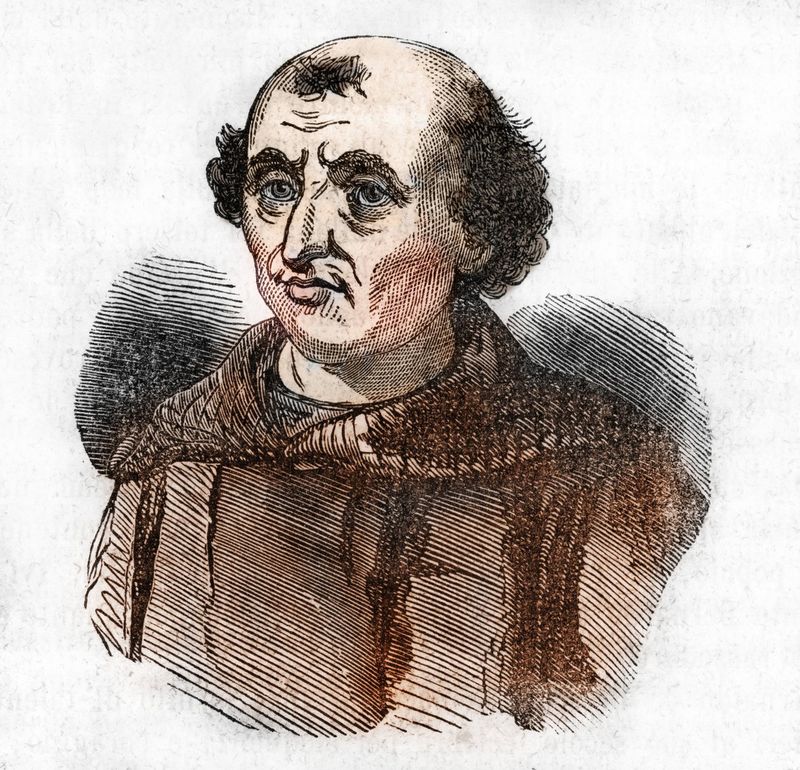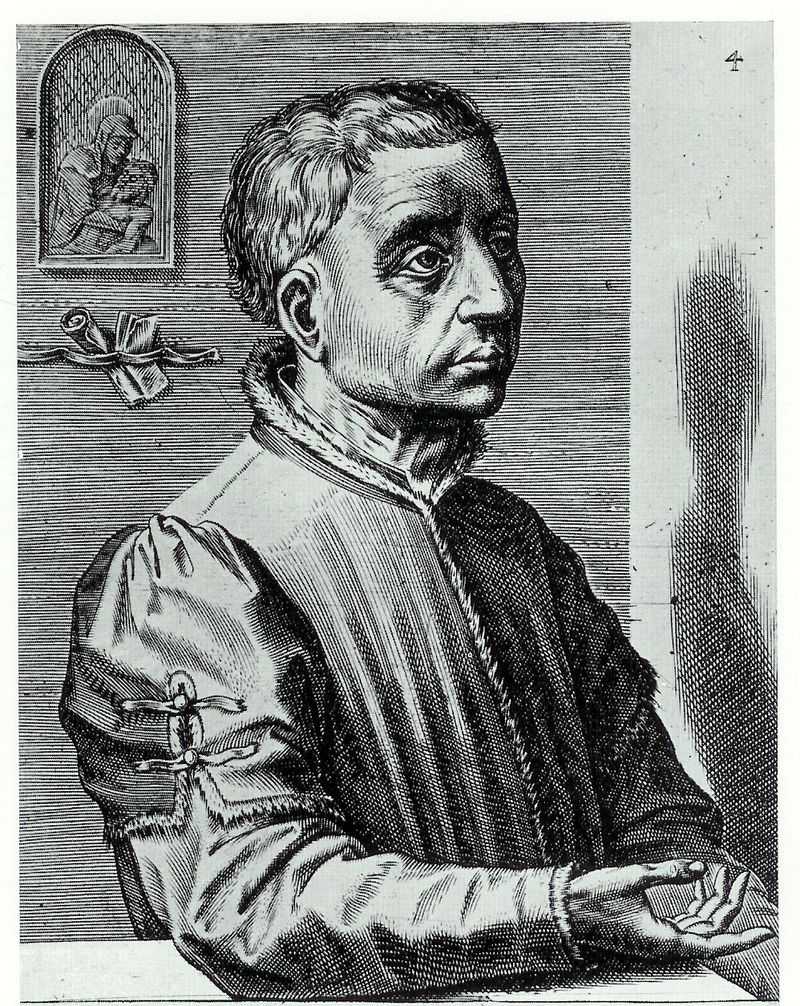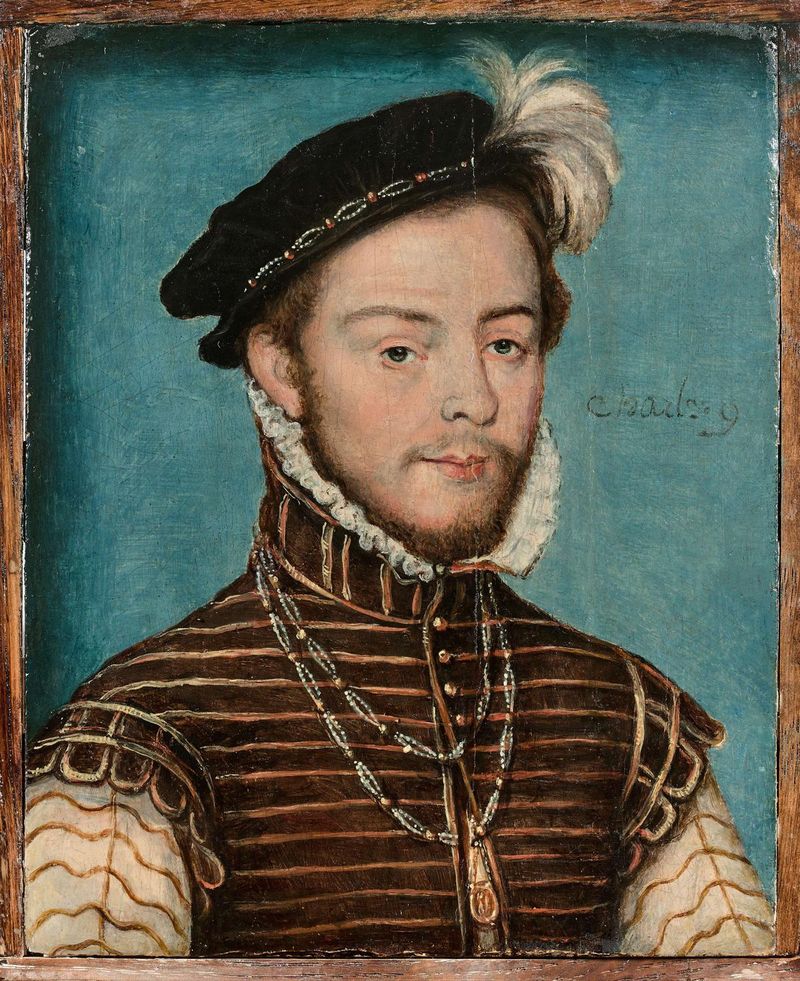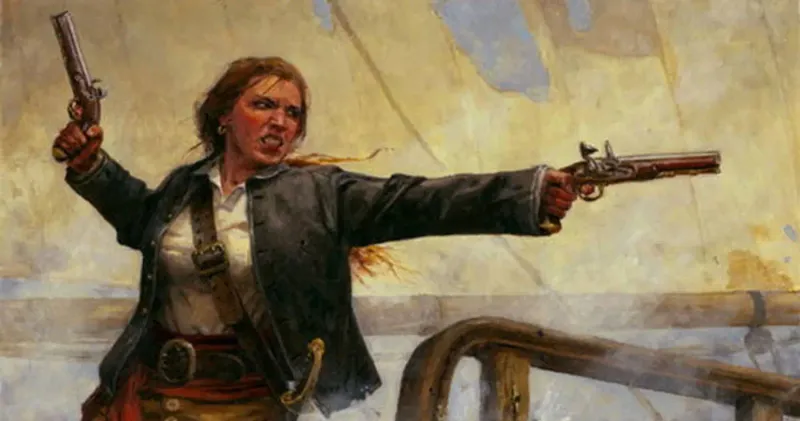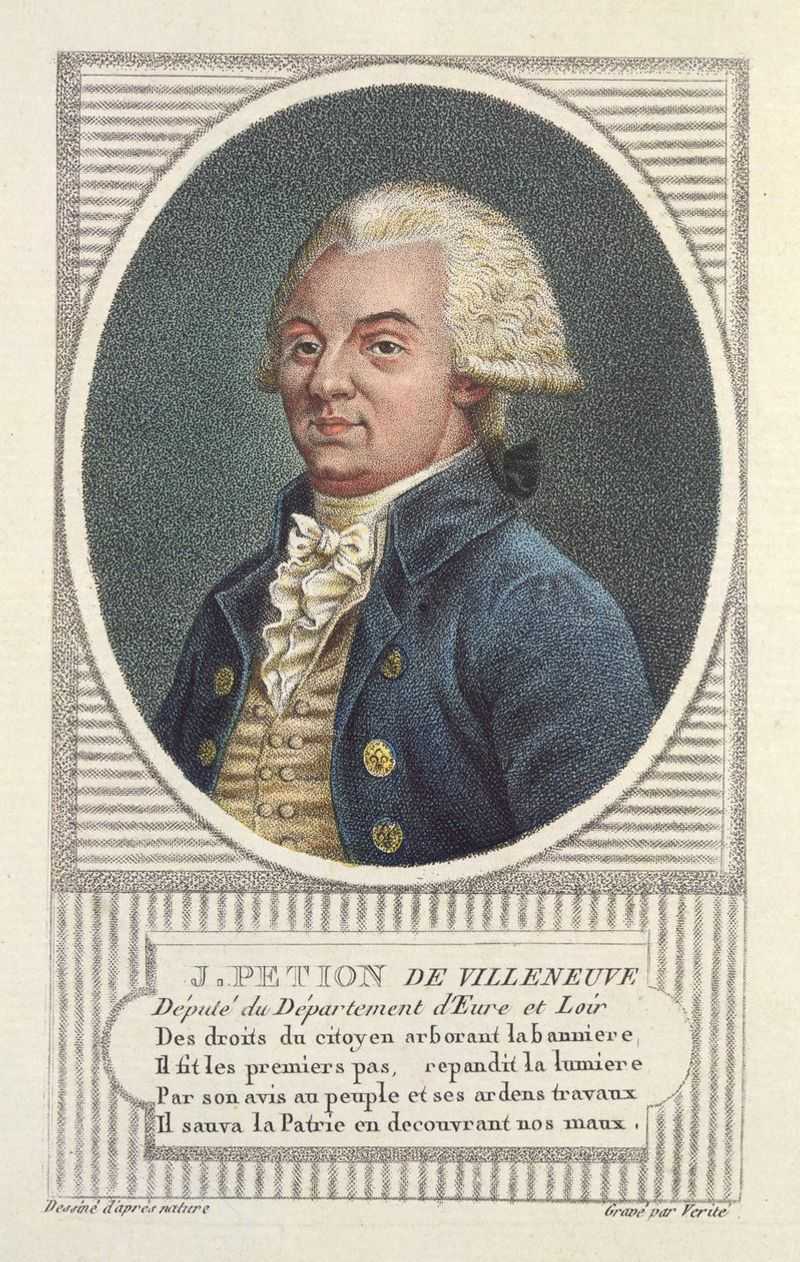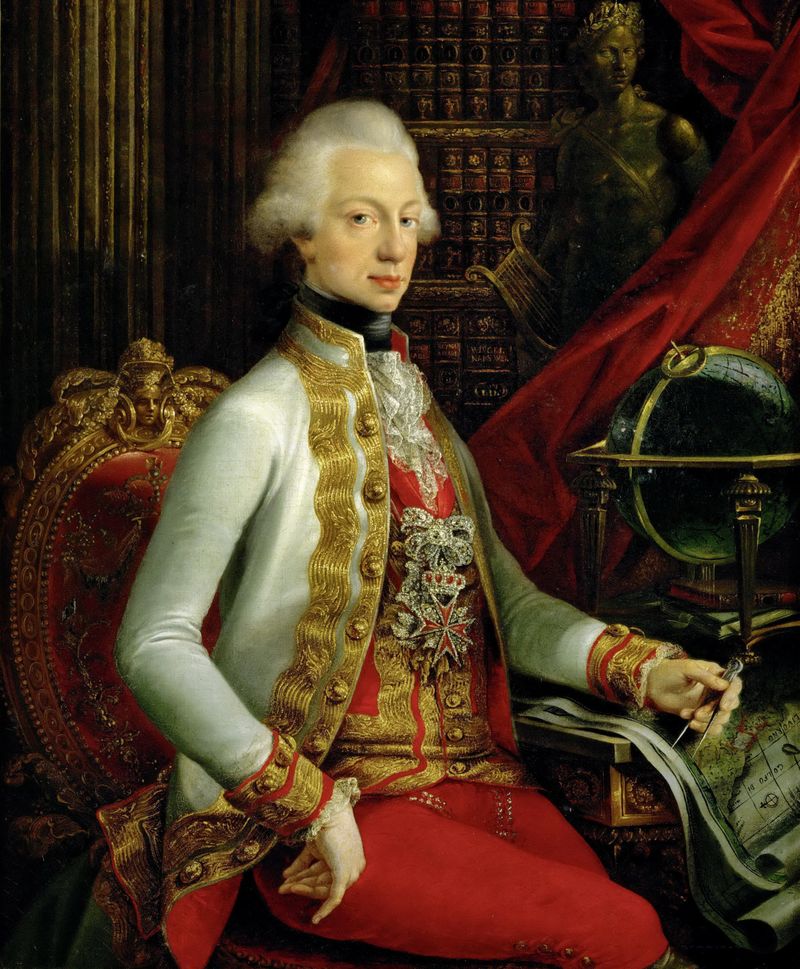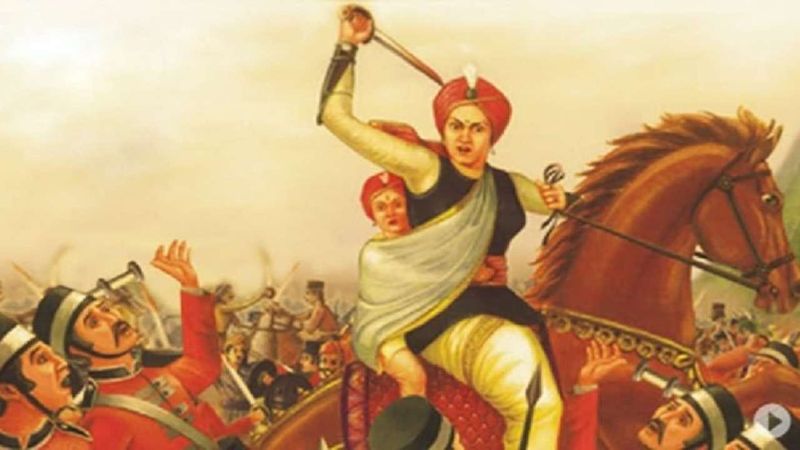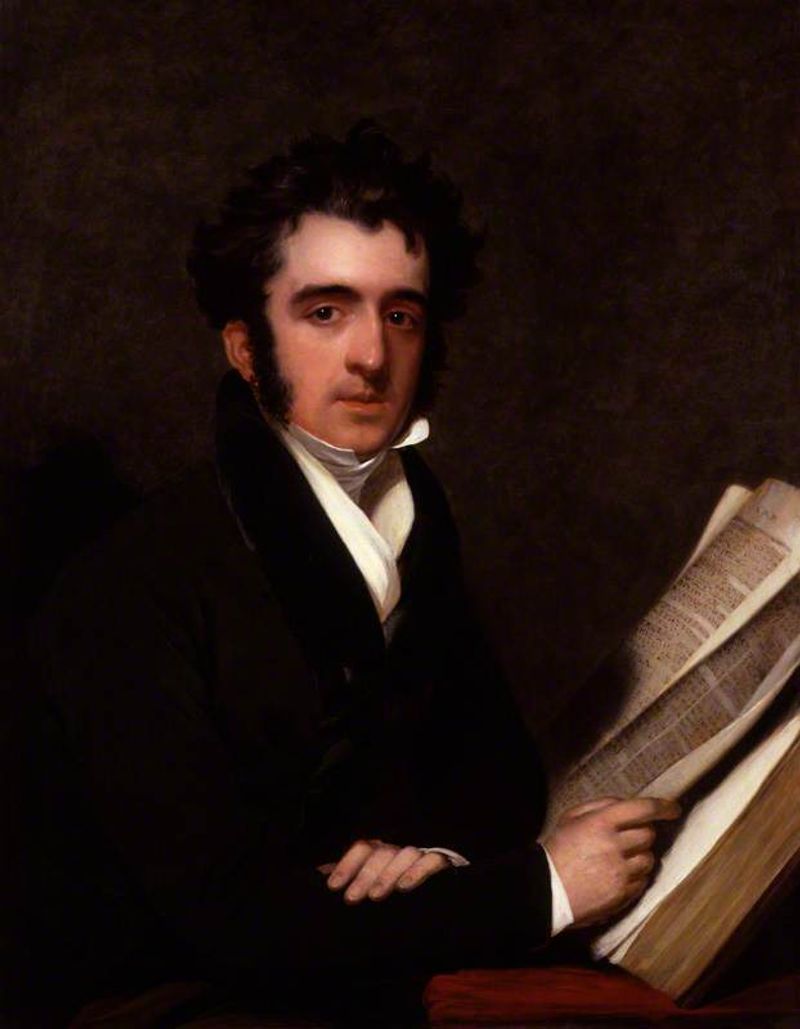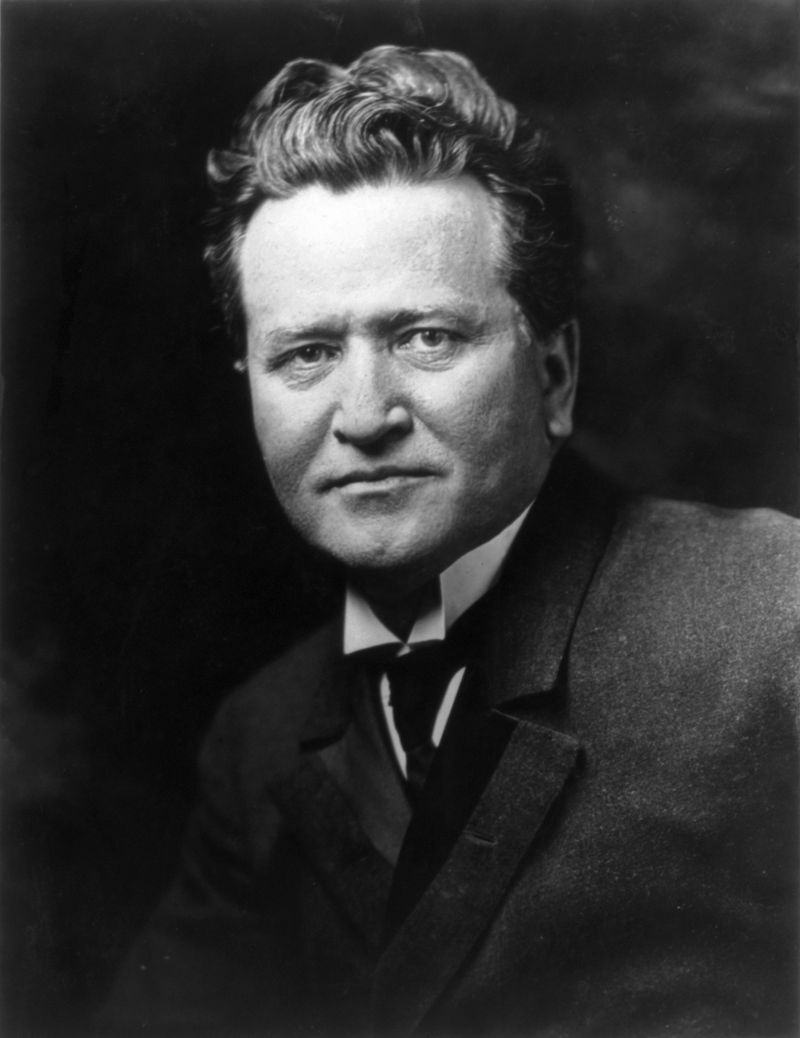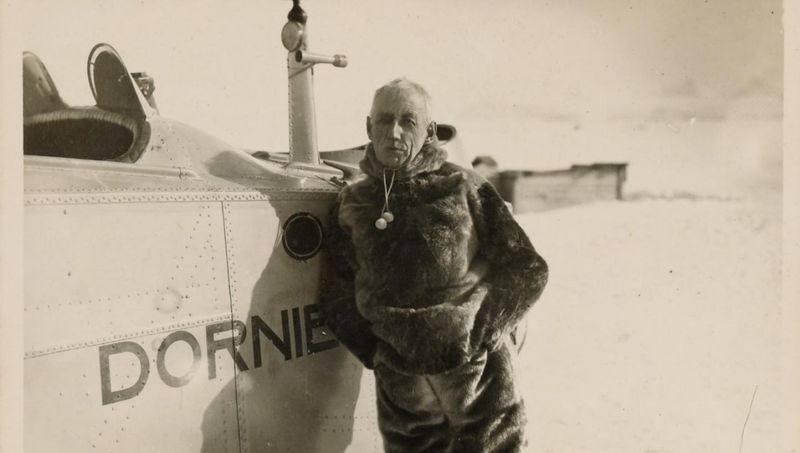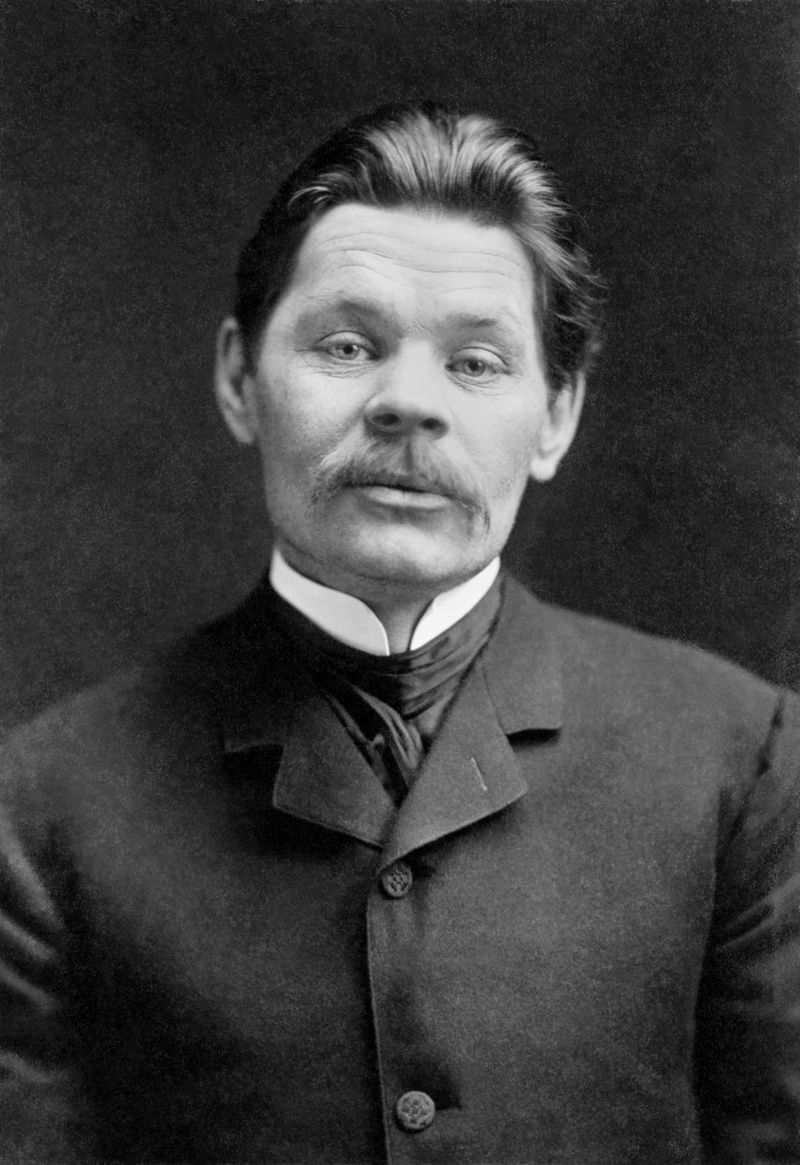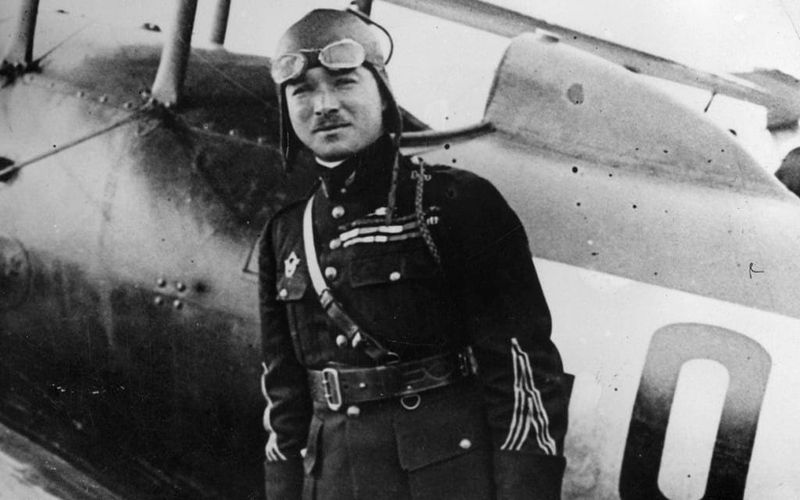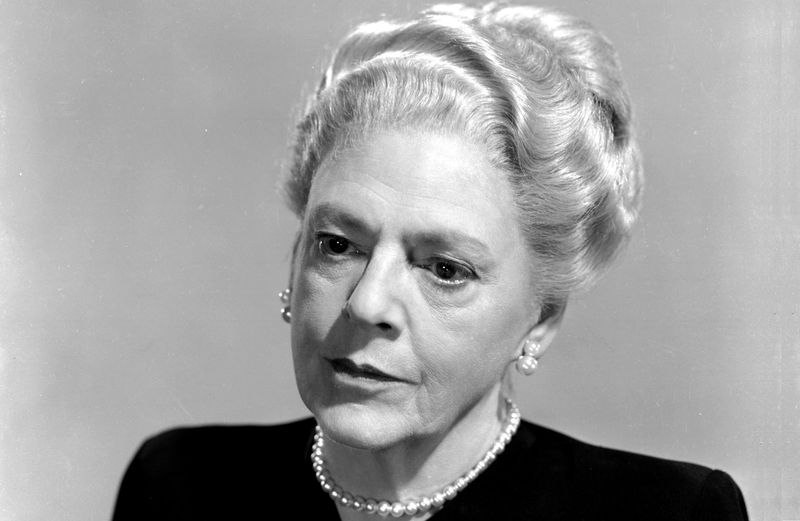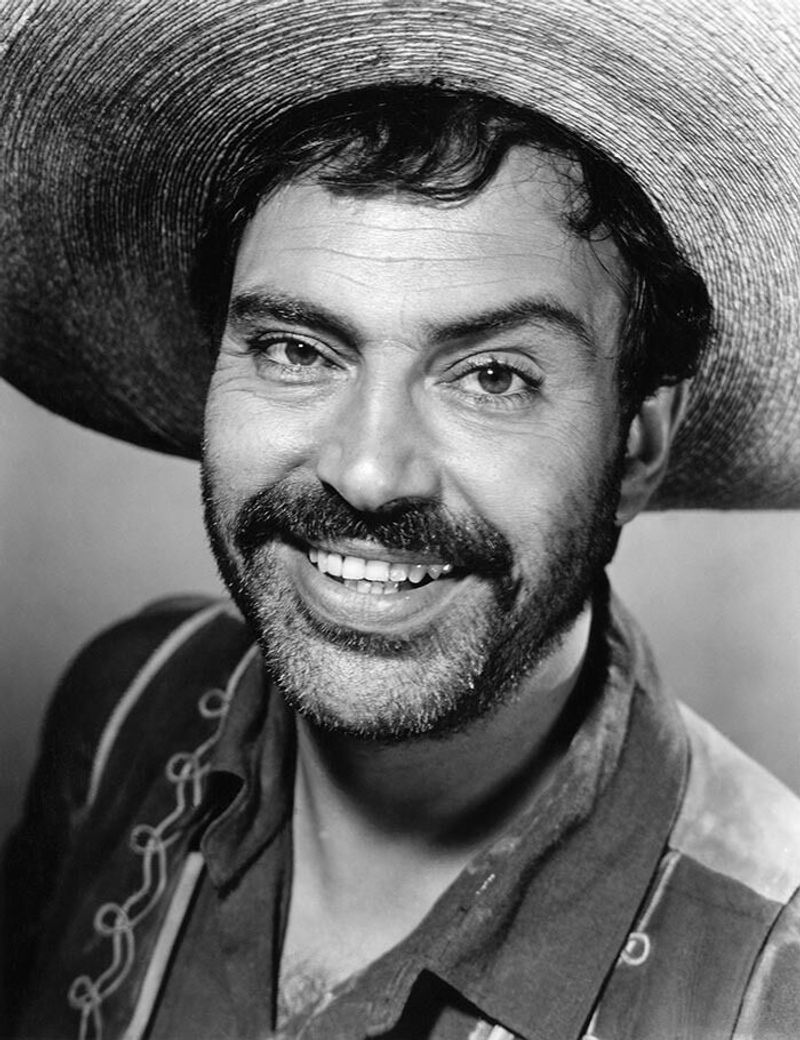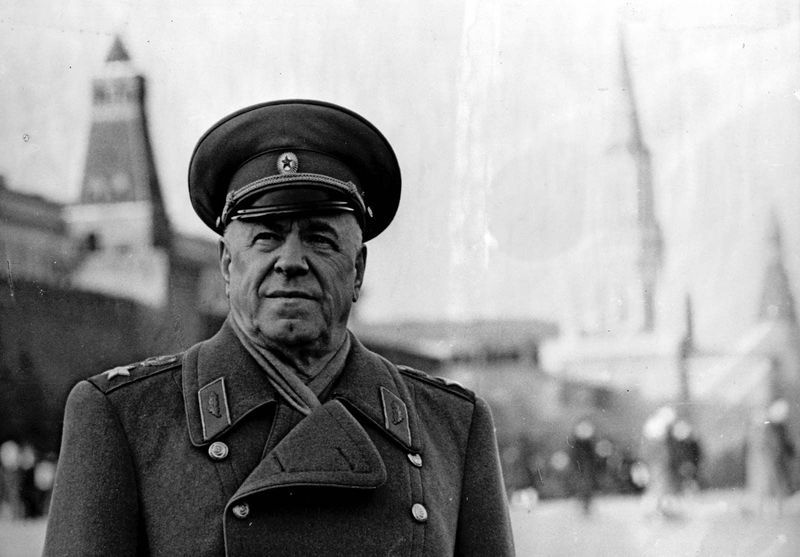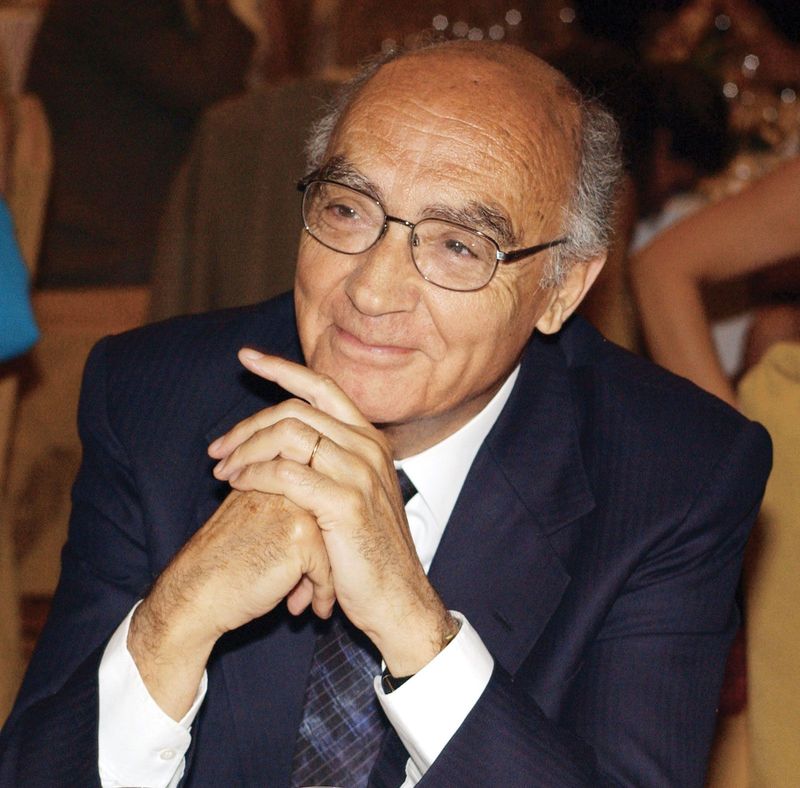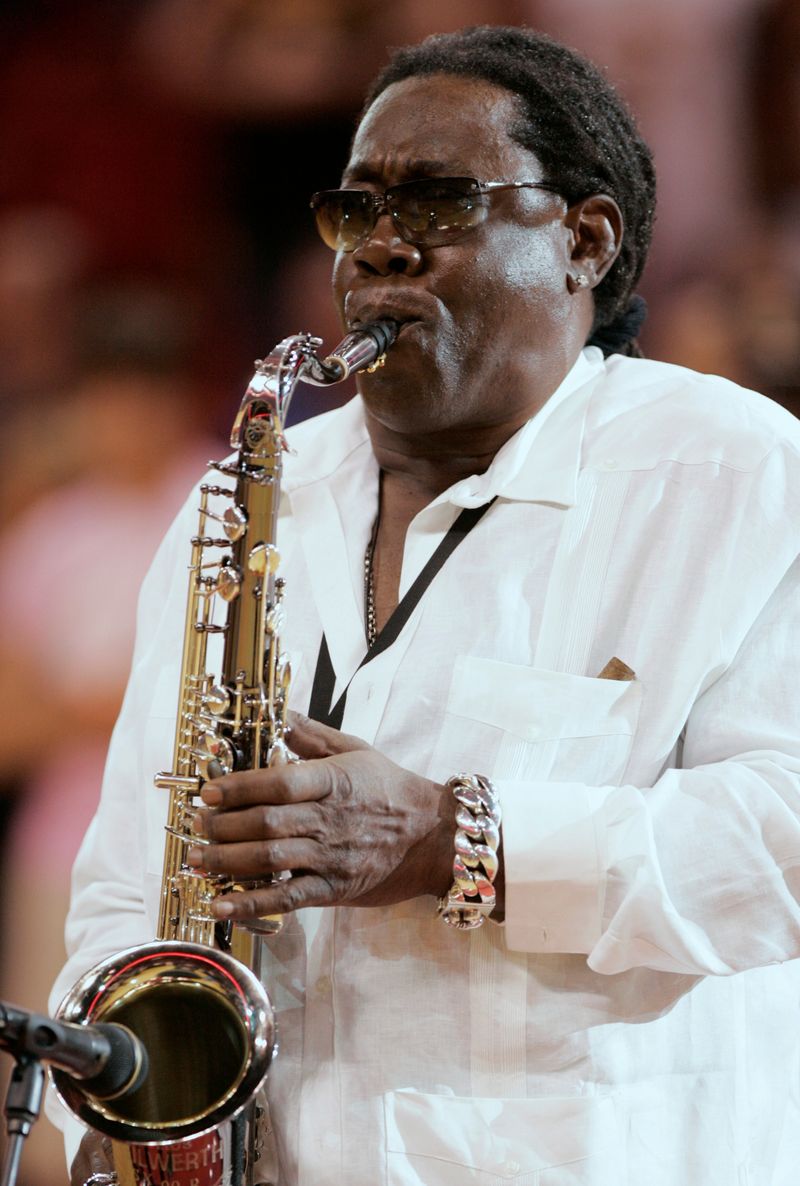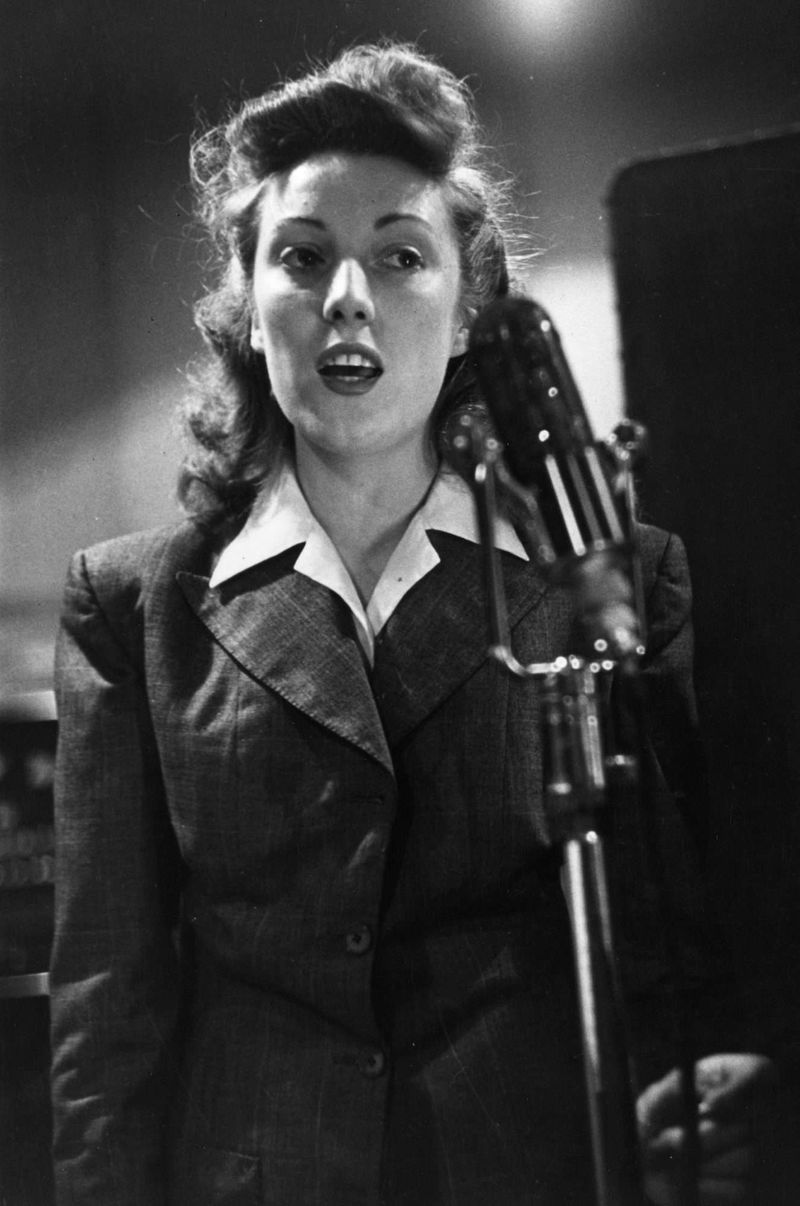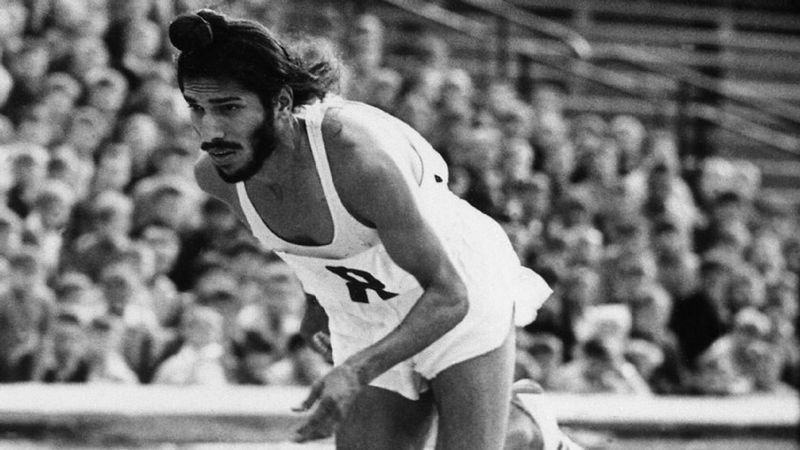Throughout history, June 18th has marked the final bow for numerous iconic figures. From rulers and revolutionaries to artists and explorers, each left an indelible mark on history. This blog post explores the lives and legacies of 25 such individuals, celebrating their contributions and remembering their impacts.
1. Leo III the Isaurian, Byzantine emperor, died in 741
Leo III the Isaurian, a Byzantine emperor, is remembered for his military genius and religious reforms. Ascending the throne during turbulent times, he successfully defended the empire against Arab invasions.
His reign is marked by the controversial Iconoclasm movement, which sought to abolish the veneration of icons. This policy incited both support and opposition, shaping religious discourse for decades.
Leo III’s legacy is that of a reformer and a defender, navigating the complex landscape of theology and statecraft. His decisions left lasting impacts on the Byzantine Empire.
2. Arnold of Brescia, Italian religious reformer, died in 1155
Arnold of Brescia was a fervent religious reformer who challenged the ecclesiastical authorities of his time. His impassioned calls for church reform resonated with many, sparking movements for change.
Despite facing persecution, Arnold remained steadfast in his beliefs, advocating for a return to the simplicity of early Christian practices. His defiance led to his execution, but his ideas continued to influence future reformers.
Arnold’s life is a testament to the power of conviction and the enduring impact of those who dare to challenge the status quo.
3. Rogier van der Weyden, Flemish painter, died in 1464
Rogier van der Weyden, a master of Flemish painting, is celebrated for his emotive religious works. His paintings, characterized by vivid detail and expressive figures, hold a special place in art history.
Van der Weyden’s ability to convey deep emotion through art captivated audiences and set new standards for religious iconography. His altarpieces and portraits continue to be studied and admired for their technical brilliance.
Through his artistry, van der Weyden left an enduring legacy, shaping the trajectory of European painting for generations to come.
4. Jacques, Duke of Nemours, French military commander, died in 1585
Jacques, Duke of Nemours, was a renowned French military commander known for his valor and strategic acumen. Involved in the complex political landscape of 16th-century France, he played a pivotal role in the Wars of Religion.
His leadership on the battlefield earned him respect and admiration, though his life was cut short in its prime. Nemours’ dedication to his country exemplified the chivalric ideals of loyalty and bravery.
His legacy as a military leader remains influential, highlighting the complexities of loyalty and warfare during a tumultuous era in French history.
5. Grace O’Malley, Irish pirate queen, died in 1603
Grace O’Malley, the legendary Irish pirate queen, was a formidable force on the high seas. Known for her fearless leadership, she commanded respect and loyalty from her crew.
Her seafaring exploits and defiance of English authority made her a symbol of resistance and independence. O’Malley’s life was marked by adventure and determination, navigating both political and maritime challenges.
Her legacy as a pioneering female leader remains celebrated, embodying the spirit of courage and tenacity in a male-dominated world. O’Malley’s story continues to inspire those who seek freedom and justice.
6. Jérôme Pétion de Villeneuve, French revolutionary politician, died in 1794
Jérôme Pétion de Villeneuve, a key figure in the French Revolution, was known for his dedication to republican ideals. As mayor of Paris, he played a significant role in the political upheaval of the late 18th century.
Pétion’s advocacy for liberty and equality made him a popular leader, though his later life was fraught with challenges. His political career mirrored the tumultuous journey of revolutionary France.
Despite his tragic end, Pétion’s contributions to the revolution remain part of its enduring legacy, symbolizing the quest for freedom and democratic governance.
7. Ferdinand III, Grand Duke of Tuscany, died in 1824
Ferdinand III, Grand Duke of Tuscany, was a ruler known for his enlightened policies and cultural patronage. His reign marked a period of progress and prosperity in the region.
Ferdinand’s commitment to social and economic reform endeared him to his subjects, fostering a sense of unity and progress. He supported the arts and sciences, enhancing Tuscany’s cultural richness.
His legacy as a just and forward-thinking leader remains significant, reflecting the ideals of the Enlightenment and the enduring influence of benevolent governance.
8. Rani Lakshmibai, Indian queen & rebel leader, died in 1858
Rani Lakshmibai, the indomitable queen of Jhansi, became a symbol of resistance against British colonial rule. Her bravery and leadership during the Indian Rebellion of 1857 inspired countless others.
Lakshmibai’s determination to defend her kingdom and uphold its sovereignty made her a revered figure in Indian history. Her martial prowess and tactical acumen were lauded even by her adversaries.
Her legacy as a fearless warrior and a champion of independence continues to inspire, embodying the spirit of resistance and the struggle for freedom.
9. George Grote, English historian, died in 1871
George Grote, a distinguished English historian, is best known for his comprehensive works on ancient Greece. His scholarship brought new insights into the political and cultural life of the period.
Grote’s meticulous research and engaging narrative style made his histories both informative and accessible. His work remains a valuable resource for students and scholars of classical studies.
Through his contributions to historical scholarship, Grote left an enduring legacy, enhancing our understanding of the ancient world and its relevance to contemporary society.
10. Robert M. La Follette Sr., U.S. senator & presidential candidate, died in 1925
Robert M. La Follette Sr., a prominent U.S. senator, was a champion of progressive reform and social justice. His advocacy for workers’ rights and government accountability left a lasting impact on American politics.
La Follette’s commitment to fair governance and his presidential candidacy reflected his dedication to the public good. His leadership inspired a generation of reformers seeking change.
His legacy as a tireless advocate for democracy and justice continues to resonate, highlighting the enduring need for principled leadership in public life.
11. Olga Constantinovna of Russia, Queen of Greece, died in 1926
Olga Constantinovna of Russia, Queen of Greece, was a beloved monarch known for her compassion and dedication to her adopted country. Her efforts to improve healthcare and welfare endeared her to the Greek people.
Her life was marked by devotion to her family and her subjects, fostering goodwill and understanding between nations. Olga’s legacy as a caring and effective queen remains celebrated.
Her contributions to Greek society and her role in fostering international relations continue to be remembered, reflecting the importance of empathy and leadership.
12. Roald Amundsen, Norwegian polar explorer, died in 1928
Roald Amundsen, a legendary Norwegian explorer, is celebrated for his pioneering expeditions to the poles. His successful journey to the South Pole in 1911 marked a historic achievement in exploration.
Amundsen’s meticulous planning and determination set him apart as a leader in polar exploration. His exploits inspired generations to push the boundaries of human endurance.
His legacy as an intrepid explorer lives on, symbolizing the spirit of adventure and the quest for knowledge in the face of daunting challenges.
13. Maxim Gorky, Russian writer, died in 1936
Maxim Gorky, a towering figure in Russian literature, was known for his vivid portrayals of social struggles. His works, rich with realism, captured the lives of ordinary people in extraordinary circumstances.
Gorky’s commitment to social justice and his critique of societal inequities resonated with readers worldwide. His writings continue to inspire and provoke thought.
As a literary and political figure, Gorky left a lasting mark, highlighting the power of words to challenge and transform society.
14. René Fonck, French World War I flying ace, died in 1953
René Fonck, a celebrated French flying ace of World War I, is remembered for his extraordinary skill and bravery. With a record number of aerial victories, he became a national hero.
Fonck’s precision and daring in the skies set him apart as a remarkable aviator. His legacy as a military hero and aviation pioneer endures, reflecting the valor of those who served.
His contributions to aviation history are celebrated, inspiring future generations of pilots and military strategists alike.
15. Ethel Barrymore, American actress, died in 1959
Ethel Barrymore, a revered American actress, was known for her captivating performances on stage and screen. Her talent and charisma earned her a place in the hearts of audiences worldwide.
Barrymore’s illustrious career spanned decades, showcasing her versatility and dedication to the craft of acting. Her contributions to theater and film remain influential.
As a member of the legendary Barrymore family, her legacy as a pioneering actress continues to inspire aspiring performers, embodying the timeless allure of the performing arts.
16. Pedro Armendáriz, Mexican actor, died in 1963
Pedro Armendáriz, a distinguished Mexican actor, was celebrated for his powerful performances and charismatic presence. His work in both Mexican cinema and Hollywood brought him international acclaim.
Armendáriz’s ability to portray a wide range of characters endeared him to audiences, reflecting the depth of his talent. His legacy in film remains significant, influencing generations of actors.
His contributions to the arts continue to resonate, highlighting the universal appeal of cinema and the enduring power of storytelling.
17. Georgy Zhukov, Soviet marshal, died in 1974
Georgy Zhukov, a legendary Soviet marshal, played a crucial role in the Allied victory during World War II. His strategic brilliance and leadership were instrumental in numerous key battles.
Zhukov’s ability to inspire and lead his troops earned him respect and admiration. His contributions to military tactics continue to be studied by historians and strategists.
As a symbol of Soviet strength, Zhukov’s legacy endures, reflecting the complexities of warfare and the enduring pursuit of peace and security.
18. José Saramago, Portuguese Nobel-winning novelist, died in 2010
José Saramago, a Nobel Prize-winning Portuguese novelist, was renowned for his imaginative storytelling and philosophical depth. His works challenged conventional narratives and explored profound themes.
Saramago’s unique voice and inventive style captivated readers worldwide, earning him a place among the literary greats. His legacy as a master storyteller continues to inspire.
His contributions to literature remain influential, encouraging readers to ponder the complexities of human existence and the power of imagination.
19. Clarence Clemons, American saxophonist (E Street Band), died in 2011
Clarence Clemons, the legendary American saxophonist, was a vital member of the E Street Band. His soulful playing and magnetic stage presence made him an unforgettable performer.
Clemons’ collaborations with Bruce Springsteen brought a distinctive sound to rock music, earning him a devoted fan base. His contributions to music continue to be celebrated.
As a beloved musician, Clemons’ legacy endures, symbolizing the power of music to unite and uplift, transcending barriers and touching hearts around the world.
20. XXXTentacion, American rapper, died in 2018
XXXTentacion, a controversial yet influential American rapper, captivated audiences with his raw emotion and innovative sound. His music explored themes of pain, resilience, and personal growth.
Despite his tumultuous life, XXXTentacion’s impact on the music industry remains significant. His ability to connect with fans through his honest and introspective lyrics set him apart.
His legacy as an artist continues to influence the music scene, reflecting the complexities of fame and the enduring quest for self-expression.
21. Vera Lynn, British singer (“We’ll Meet Again”), died in 2020
Vera Lynn, the iconic British singer, became a symbol of hope during World War II with her timeless song “We’ll Meet Again.” Her voice provided comfort and unity during turbulent times.
Lynn’s contributions to music and her unwavering spirit earned her the affection of millions worldwide. Her legacy as the “Forces’ Sweetheart” remains cherished.
Her enduring impact on music and wartime morale continues to be celebrated, reflecting the power of song to inspire and heal.
22. Milkha Singh, Indian Olympic sprinter (“The Flying Sikh”), died in 2021
Milkha Singh, known as “The Flying Sikh,” was a legendary Indian Olympic sprinter who inspired a nation with his speed and determination. His achievements on the track brought pride to India.
Singh’s perseverance in the face of adversity made him a national hero, embodying the spirit of resilience and ambition. His story continues to motivate athletes worldwide.
His legacy as a trailblazer in Indian athletics endures, symbolizing the pursuit of excellence and the transformative power of sports.
